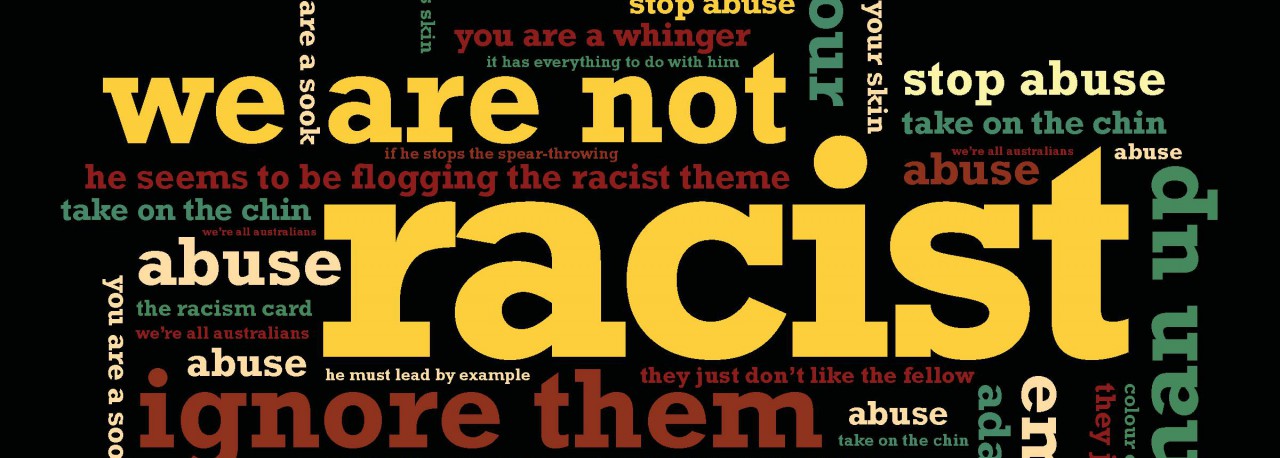It’s comforting to see that there is so much content circulating online surrounding race, and in particular surrounding the complexity of racism issues and how easy it is for white people to dismiss their racism as something else. This at least shows that racism issues such as the ones surfacing over the past year aren’t exclusive to Australia, as they have definitely seemed. One of the most difficult things about the discussions of racism online are a simple lack of understanding towards the sufferance of other people, and a tendency to dismiss racist claims because they are too uncomfortable and confronting to admit to. This is encapsulated so perfectly in a YouTube video made by Everyday Feminism and Vlogger Celia Edell that it’s tempting to just drop the whole transcript down here, say “discuss” and walk away. Because what else can I say that hasn’t already been said by so many people? The problem is, the people that need to be, aren’t listening, and it’s very difficult to find a way to make them do so. Could we go back to the simple, primary school saying “Think about what it’s like to walk in their shoes.” It really is as simple as that, as Celia says in her video:
“White people don’t bare the social burden of race, so we don’t have to think about it all the time in order to move through society. We can sort of forget about our racial identity and it doesn’t really come up as much. When people of color bring up race, it’s easy for white people to dismiss it, like “Oh, that’s irrelevant here. You’re playing the race card.” Or, “Oh, that’s a personal issue, not a race thing….But, this is really to dismiss their reality as a racialized person, whose race is always present and relevant to them. Instead, correct yourself. Think, just because this is not an issue of race for me, it does not mean it’s not a racial issue for someone else.”
The key: Race is not always present and relevant to white people. So what would give someone the right to tell another when and when not something is an issue of race? How can someone possibly say to another person “that’s irrelevant, stop playing the race card” when the “race card” is something they have never, ever, ever……..ever, had to deal with in their life, as opposed to someone who has possibly dealt with it every single day of their life? It really is, understandably, a difficult thing to comprehend, but it is something worth thinking about every time we go to deny something as a racial issue. Before you go to rebut someone in an online argument by saying “it’s a personality thing, not a race thing” just stop, and try and think of something that’s been a big part of your life, but not necessarily for anyone elses, whether it be a parent that has passed away, or a friend that is ill and think how it would feel for someone to tell you to “stop playing the sympathy card” when you tell your story about it. Because that’s what happens an overwhelming amount when Indigenous Australians have come out and shared their story with racism and the grief and trauma it has caused them throughout their life. And that needs to change.
P.F.

